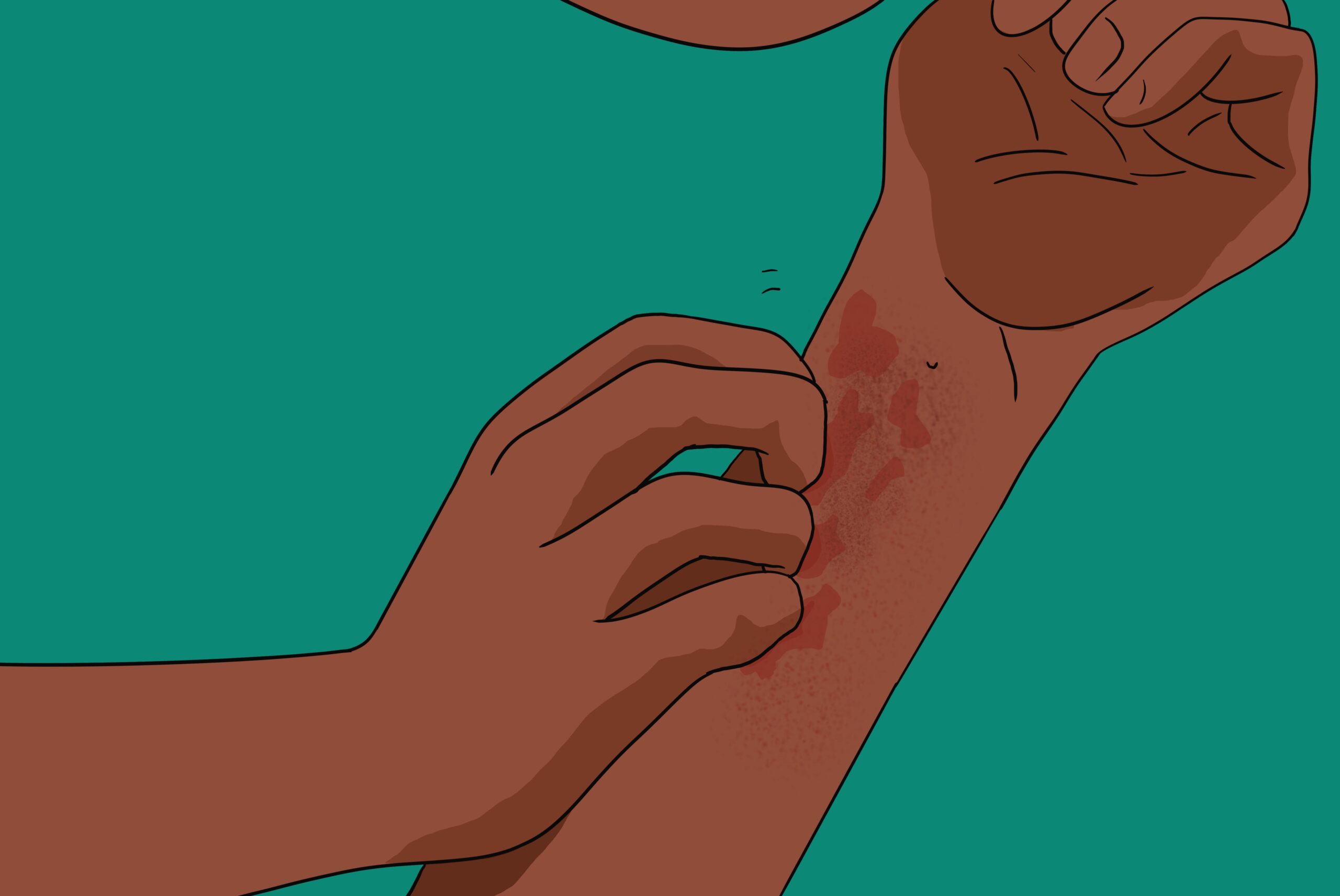🎧 Listen to: Allergies (s)

Allergies
What are allergies?
An allergy happens when your body thinks something harmless, like dust, pollen or seafood, is a big threat. Your immune system overreacts and fights back with symptoms like sneezing, itching, or swelling.
Common allergens in our lives?
- Food: crabs, snails, groundnuts, milk, and even eggs.
- Insects: bees, wasps, mosquitoes.
- Environment: dust, mold, and pollen from flowers and trees.
- Everyday items: cigarette smoke, latex gloves, and even metals like nickel in jewelry.
Symptoms to watch for?
- Food allergies: Swelling, nausea, rashes, difficulty breathing.
- Seasonal allergies: Sneezing, runny nose, watery eyes, congestion.
- Skin reactions: Rashes, itching, swelling.
- Severe cases: Anaphylaxis—throat swelling, breathing difficulty. Rush to the hospital.
Common African allergy myths?
- “Dust allergies mean you are lazy” – No, cleaning too much might actually make you sneeze more!
- “Only kids have allergies” – Nope! Adults get them too.
Complications?
- Anaphylaxis: A dangerous reaction that can be fatal.
- Asthma: Many allergy sufferers develop breathing problems.
Diagnosis and treatment?
- Tests: doctors can prick your skin or test your blood to find the culprit.
- Medications: from antihistamines (like benadryl) to emergency epinephrine shots (like epipen), there’s help available.
Prevention is key?
Avoid triggers when you can. Carry medication if needed. And if allergies get serious, don’t delay – head straight to the hospital.
